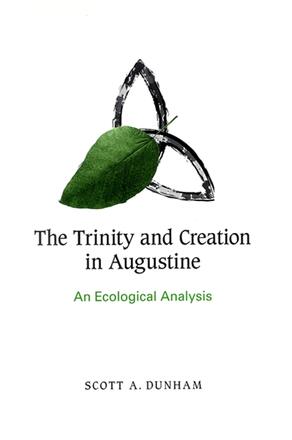
The Trinity and Creation in Augustine
An Ecological Analysis
Alternative formats available from:
Looks at Augustine’s theology in light of environmental concerns.
Description
The first English-language book on Augustine's Trinitarian doctrine of creation, The Trinity and Creation in Augustine explores Augustine's relevance for contemporary environmental issues. Modern, environmentally conscious thinkers often see Augustine's doctrines in a negative light, feeling they have been used to justify humankind's domination of nature. Considering Augustine's thought in his own time and in ours, Scott A. Dunham offers a more nuanced view. He begins with a consideration of the major themes that have characterized ecologically sensitive theologies and Augustine's place in those discussions. The primary examination considers how Augustine's doctrine of the Trinity informed his interpretation of the opening chapters of Genesis, especially his conceptions of divine creation, providence, and dominion. This analysis of Augustine's Trinitarian interpretation of Genesis stands in contrast to recent characterizations of classical conceptions of creation. The book concludes with a discussion of Augustine's relevance for modern theological thought by appraising Augustine's Trinitarian doctrine of creation in relation to ecological themes in theological ethics.
Scott A. Dunham is Visiting Scholar and Lecturer in Philosophy at the University of New Brunswick.
Reviews
"…this book will probably appeal to a specialized, rather than a general audience: theologians, historians of doctrine, theological ethicists, and students of these disciplines. Pastors who desire to add depth to their preaching and teaching on the doctrines of the Trinity, Creation and environmental ethics will also benefit from reading this book." — Studies in Religion